News and Announcements
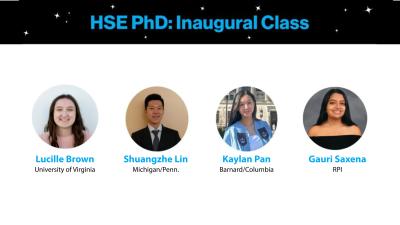
This semester, the RPI-Mt. Sinai Center for Engineering and Precision Medicine (CEPM) welcomed the inaugural cohort of students in the center’s Ph.D. program in health sciences engineering jointly offered by RPI and Icahn School of Medicine at Mount Sinai.
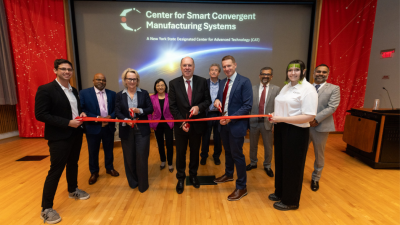
Rensselaer Polytechnic Institute (RPI) officially cut the ribbon on its new Center for Smart Convergent Manufacturing Systems (CSCMS) during an all-day launch event on October 23, 2025.
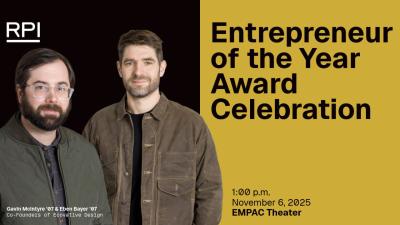
The Severino Center for Technological Entrepreneurship at Rensselaer Polytechnic Institute (RPI) has named the founders of Ecovative Design the 2025 recipients of the William F. Glaser ’53 Entrepreneur of the Year award.

RPI professor and freshwater ecology expert Kevin Rose, Ph.D., in collaboration with other researchers from Rensselaer Polytechnic Institute (RPI), the Lake George Association (LGA), and Paul Smith’s College, conducted the first ever long-term study on the environmental effects of the aquatic herbicide florpyrauxifen-benzyl (FPB), also known as ProcellaCOR.
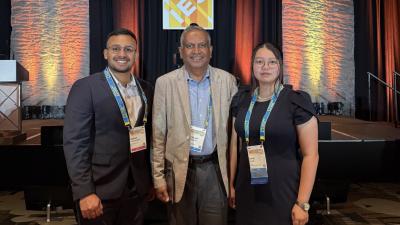
Two 2025 graduates of the Master of Science in Lighting program at RPI’s Lighting Research Center (LRC) were recently honored with top industry awards recognizing exceptional student design work.

An astrobiology researcher discusses new evidence for past life on Mars
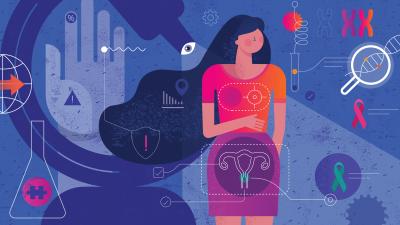
The Multi-Organ Approach to Address Diseases Following Estrogen Loss (MODEL) program aims to map the entire biological landscape of menopause
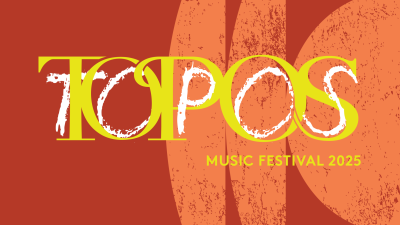
The Curtis R. Priem Experimental Media and Performing Arts Center (EMPAC) at RPI and its curatorial program will host the TOPOS Music Festival beginning August 28, 2025.
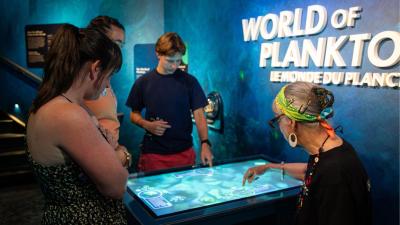
World of Plankton, an interactive educational game developed by faculty and students at Rensselaer Polytechnic Institute (RPI), has been permanently installed at the ECHO Leahy Center for Lake Champlain as part of the center’s newly renovated Into the Lake exhibit.
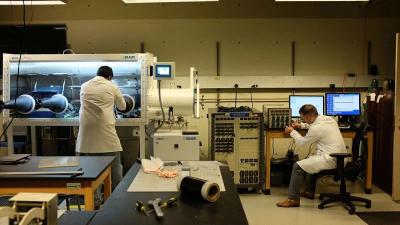
Rensselaer Polytechnic Institute (RPI) has been awarded two Center for Advanced Technology (CAT) grants from NYSTAR, the Division of Science, Technology and Innovation within Empire State Development (ESD), New York State’s chief economic development agency.